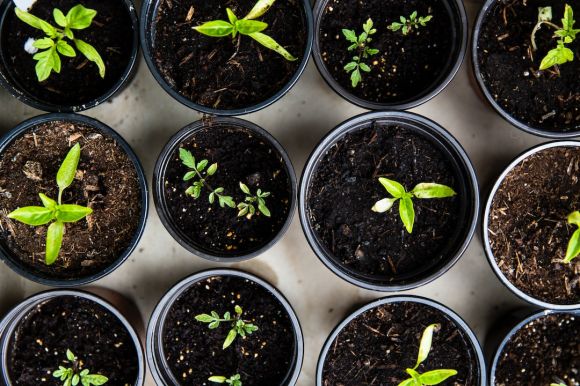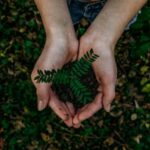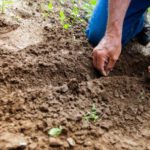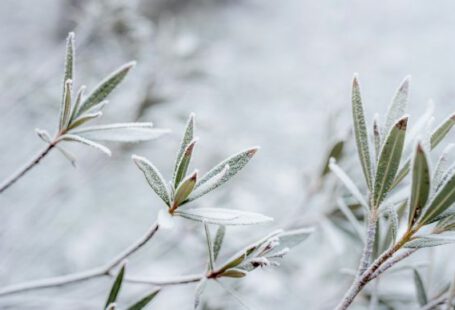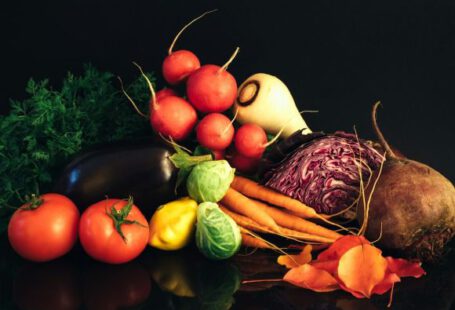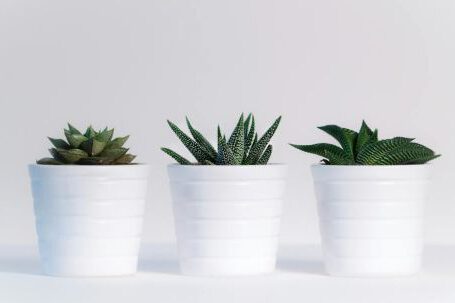Composting is a popular and sustainable way to reduce waste and create nutrient-rich soil for gardening. However, not everything can be composted. It’s important to understand what can and can’t be composted to ensure a successful composting process. In this article, we will explore the items that can and cannot be composted, providing you with a clear understanding of what belongs in your compost bin.
What Can Be Composted?
1. Fruit and Vegetable Scraps: Fruit and vegetable scraps are excellent additions to your compost pile. They break down quickly and provide essential nutrients to the compost.
2. Coffee Grounds: Used coffee grounds are rich in nitrogen and make a great addition to your compost. They help to break down organic matter and improve the overall composition of the compost.
3. Eggshells: Crushed eggshells can be added to your compost bin. They provide calcium and other minerals, which are beneficial for plants.
4. Grass Clippings: Grass clippings are a valuable source of nitrogen and can be added to your compost pile. However, be careful not to add too much at once, as it can cause the compost to become too dense and create an unpleasant odor.
5. Leaves: Fallen leaves are an excellent source of carbon and can be added to your compost pile. It’s best to shred them before adding them to the compost bin to speed up the decomposition process.
6. Yard Trimmings: Small branches, twigs, and other yard trimmings can be added to your compost pile. However, make sure to chop them into smaller pieces to help them break down faster.
What Can’t Be Composted?
1. Meat and Dairy Products: Meat, fish, and dairy products should not be composted. They can attract pests and create unpleasant odors. It’s best to dispose of them in a different manner, such as through your local waste management system.
2. Oily or Greasy Food Waste: Oily or greasy food waste, such as cooking oil or butter, should not be composted. They can disrupt the decomposition process and create an environment that is not suitable for composting.
3. Pet Waste: Pet waste, including cat litter and dog waste, should not be composted. They can contain harmful bacteria and parasites that can survive in the compost and pose a risk to human health.
4. Diseased Plants: Plants that are diseased or infested with pests should not be composted. The composting process may not kill the pathogens or pests, and they can spread to your garden when you use the compost.
5. Synthetic Materials: Synthetic materials, such as plastic, glass, and metal, should not be composted. They do not break down and can contaminate the compost.
In Conclusion
Composting is a fantastic way to reduce waste and create nutrient-rich soil for your garden. By understanding what can and can’t be composted, you can ensure that your compost pile remains healthy and free from contaminants. Remember to focus on organic materials, such as fruit and vegetable scraps, coffee grounds, eggshells, grass clippings, leaves, and yard trimmings. Avoid composting meat and dairy products, oily or greasy food waste, pet waste, diseased plants, and synthetic materials. With the right balance of compostable materials, you can create a thriving compost pile that will benefit both the environment and your garden. Happy composting!
